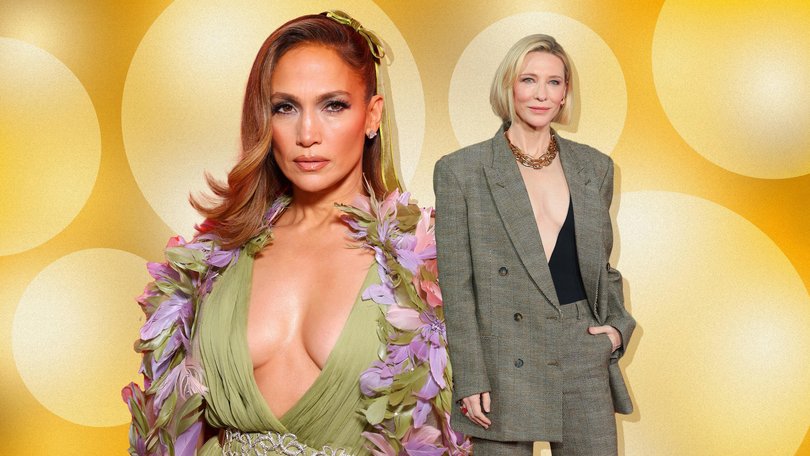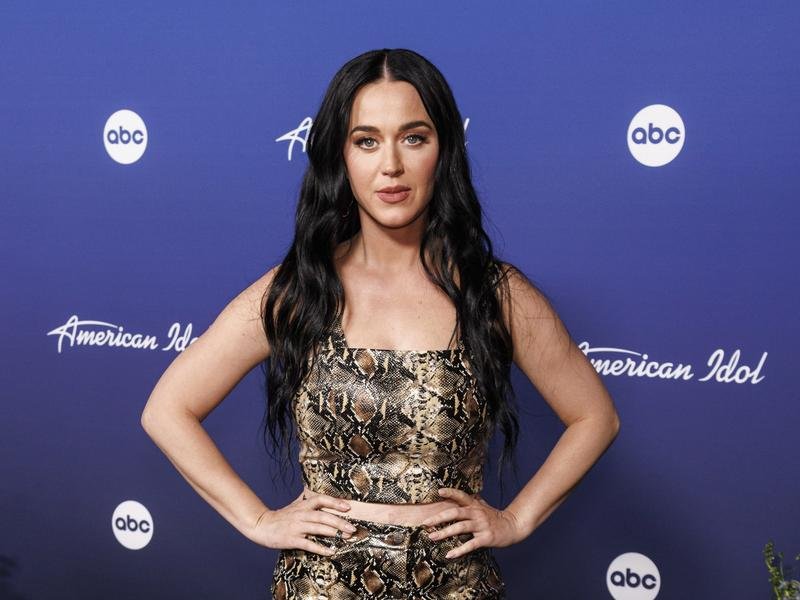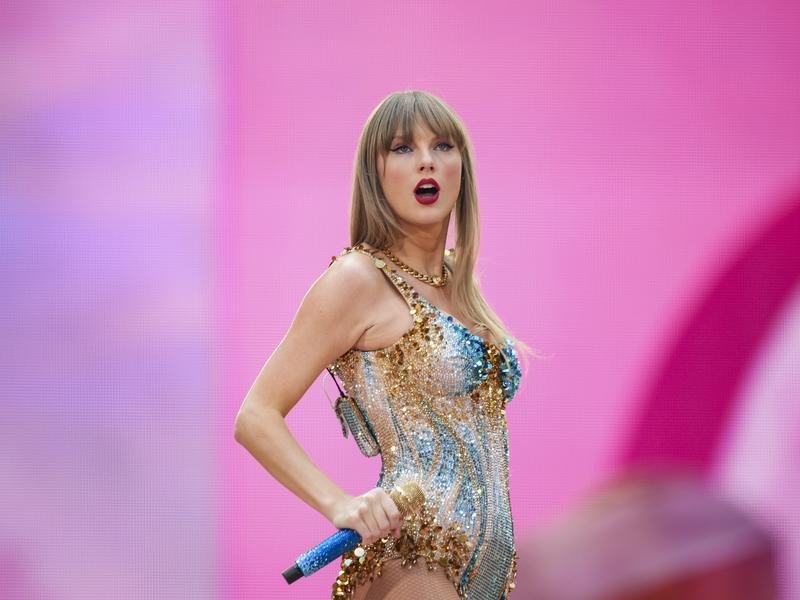JENI O’DOWD: Women get to 50 and are expected to tone it down. Thanks, but no thanks
JENI O’DOWD: Unless she’s married to a billionaire, caught in a scandal or having a breakdown on live TV, women over 50 have become invisible. And frankly, it’s insulting.

She’s over 50, she’s done the work and she’s disappeared. Not literally — she’s still running boardrooms, paying school fees, holding up community organisations, mentoring the next generation, and, if we’re being honest, keeping families running behind the scenes.
But to culture? To the media? She might as well have turned to dust. Unless she’s married to a billionaire, caught in a scandal or having a breakdown on live TV, women over 50 have become invisible. And frankly, it’s insulting.
We’ve all learned to tiptoe around pronouns. We watch what we say about race, gender and sexuality.
Sign up to The Nightly's newsletters.
Get the first look at the digital newspaper, curated daily stories and breaking headlines delivered to your inbox.
By continuing you agree to our Terms and Privacy Policy.We pride ourselves on being progressive, inclusive and evolved. But when it comes to age? All bets are off. Ageism is the last acceptable prejudice, and young people, for all their talk of tolerance, can be some of the worst offenders.
Recently, conservative commentator Ben Shapiro declared war on middle-aged women. Not just any woman, but the wildly successful, still-working, still-performing kind.
In a blistering monologue, he criticised Taylor Swift for “masquerading as a 17-year-old,” despite being 35. He called out Jennifer Lopez and Katy Perry for daring to tour, perform, or, heaven forbid, be sexy over 40.

Funny how he didn’t mention Robbie Williams at 50, Lenny Kravitz at 60 or Steven Tyler at 76, who still perform like rock gods with zero judgment.
“There is this thing that’s happening in our culture where a bunch of people are masquerading as 17-year-olds who are actually middle-aged,” Shapiro droned.
“If you are of middle age, you should act like you are middle age . . . Like you’re not a 17-year-old, or a 21-year-old trying desperately to gain attention.”
No wonder he calls himself a “fuddy-duddy grumpy old man”. What a tool.
Why shouldn’t a woman in her 50s, 60s, or even 90s be allowed to express joy, ambition, sexuality or artistry?
What’s the expectation here? That we stop wearing jeans, shear off our hair and retreat into floral tents the minute we hit 50?
I remember a misogynistic former boyfriend once telling me that no woman over 18 should wear a bikini. Seriously.
As you become an adult woman, you become accustomed to men looking at you. All the time. The glances, the smiles, the unsolicited small talk — sometimes flattering, often annoying, but always there. You used to get invited to drinks after work with the guys.
Then one day, usually around 40, it just stops. You go from being noticed to being invisible. You can’t get served at a bar. You’re waved past in line. You feel like you’ve been erased from the room.
We’ve built a culture that celebrates chaos in 30-something women — the hot mess, the divorcee having a glow-up, the single mum finding herself at an overseas meditation retreat.
But cross the line into menopause, and suddenly you’re expected to tone it down, shut it off and disappear.
And if you don’t disappear? If you dare to have an opinion, complain about service, speak up in a meeting, or, God forbid, ask to speak to the manager? You’re labelled a Karen. A joke. A meme. A punchline for simply having a voice over the age of 45.

American actress Carrie Coon, 44, recently spoke out about being typecast into older roles simply because she refuses to get Botox.
“I’m seen as a much older woman because of how I’ve chosen to age,” she told Glamour.
Never mind that she’s younger than most of the men still playing action heroes in Hollywood.
Cate Blanchett, now 55, has said much the same. “The shelf life of actresses when I first came on the scene was about five years,” she told Business Insider.
While she acknowledged the progress made by women working behind the scenes, she’s clear: ageism and sexism still stalk the industry. Even Oscar winners aren’t immune to being quietly filed under “expired”.
In Britain, the Advertising Standards Authority has warned brands to stop portraying older people as out-of-touch, lonely or irrelevant.
Their latest report found that ads overwhelmingly present ageing as decline, not experience or value.
And while the examples included both men and women, the media rarely mocks a greying man the way it does a confident, visible woman over 50.
Even at the supposedly progressive BBC, ageism is alive and well. In March, four senior female journalists, Martine Croxall, Annita McVeigh, Karin Giannone, and Kasia Madera, settled employment tribunal claims against the broadcaster, alleging age and sex discrimination.
The women contended that during a 2023 recruitment process, which they described as a “sham”, they were unfairly overlooked for chief presenter roles following the merger of the BBC’s domestic and international news channels.
They claimed this led to demotions and significant pay cuts, with some being kept off-air for over a year. Although the BBC did not admit liability, the settlement brought an end to nearly three years of legal proceedings.
It’s not just media stereotypes or casting calls, it’s systemic. From television studios to advertising boards, older women are being quietly edged out, their experience treated like baggage instead of capital.
And if they dare to remain visible, creative or outspoken? Just wait for the backlash.
I’m over 50, and I’ve got a platform to speak. That makes me one of the lucky ones, because most women my age get ignored, mocked or quietly sidelined.
We’ve earned more than that.
As Eminem says in “The Way I Am,” his 2000 single from the Grammy-winning album The Marshall Mathers LP: “I am whatever you say I am.”
It’s a defiant shrug at a world that rushes to label you, and a refusal to apologise for being loud, visible or too much. Sound familiar?
